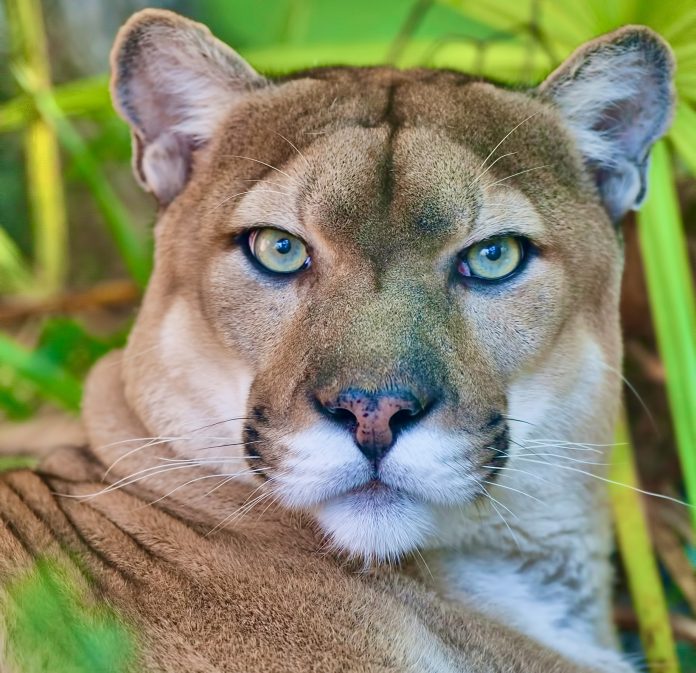
Historic “Recovering America’s Wildlife Act” Passes The U.S. House & Would Secure Billions For Imperiled Species
You can help all animals and our planet by choosing compassion on your plate and in your glass. #GoVeg
RELATED ARTICLES
Pressure Mounts For Arizona To Ban Dog Pack Hunting Of Mountain Lions, Bears & Other Critical Species
Conservation groups have submitted a petition to the Arizona Game and Fish Commission urging a ban on the use of dog packs for hunting...
Help Save Millions Of Lives This Holiday By Choosing Compassion On Your Plate; Adopt A Turkey Today!
As Thanksgiving approaches, we hope you enjoy a warm and safe holiday. We encourage you to make a compassionate choice by leaving animals off...
Giraffes Are One Step Closer To Receiving Vital Endangered Species Act Protections
In response to a petition and subsequent lawsuit by conservation and animal protection organizations, the U.S. Fish and Wildlife Service (USFWS) has proposed listing...
Popular stories
News
World Animal News TOP Stories Making Headlines!
1. Over 200 Neglected Lions, Tigers & Other Species Rescued After Black Jaguar-White Tiger Sanctuary Was Raided In Mexico
In some not so shocking news, the...
The Wild Animal Sanctuary Is Helping To Protect Wild Horses In Colorado By Acquiring 22,450 Acres Of Land So They Can Roam Free
The Wild Animal Sanctuary announced last week that it recently acquired a large parcel of land located in northwest Colorado not far from the historic town...
News
WAN Talks With Pelican Harbor Seabird Station About The Rescue Of Two Turtles Chained Together & Abused In Florida
Pelican Harbor Seabird Station (PHSS), a wildlife rescue service in Miami-Dade, Florida, recently saved two turtles that had been chained together and were stuck hanging...


